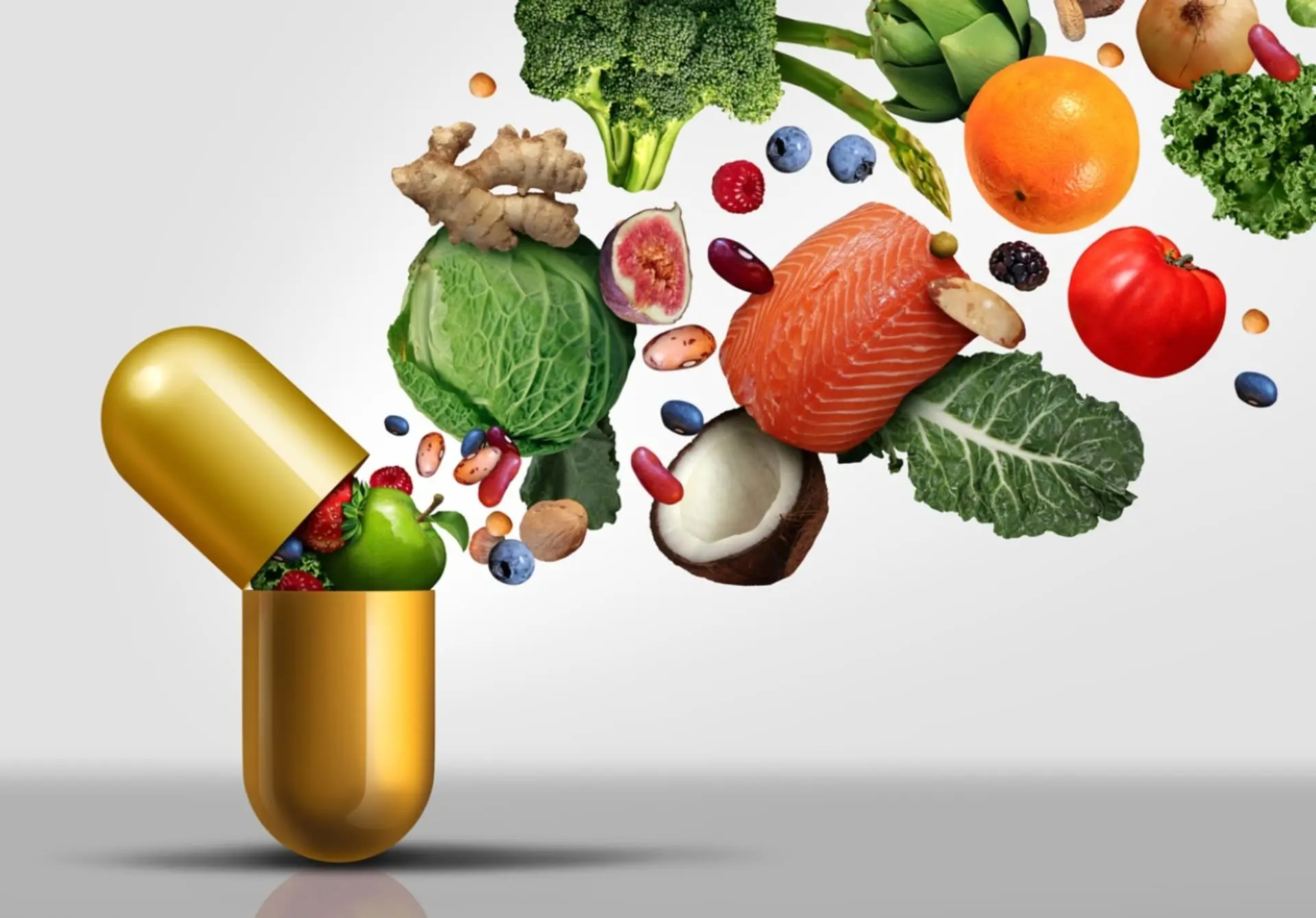Most people believe they eat properly, but the modern pace of life, processed foods, and stress can lead to hidden vitamin deficiencies. A lack of essential micronutrients often doesn’t manifest immediately, but over time it shows through lowered immunity, fatigue, skin problems, or difficulty concentrating. To maintain good health and productivity, it’s important to recognize the signals your body sends. In this article, Baltimore Chronicle’ll explore the main symptoms of vitamin deficiency, the causes of hypovitaminosis, and ways to prevent this condition.
Main Causes of Vitamin Deficiency in the Diet
Vitamin deficiency most often arises not from the absence of food, but from its quality. Our daily habits, “on-the-go” meals, and lack of dietary variety create ideal conditions for hypovitaminosis.
Factors that contribute to vitamin deficiency:
- Monotonous diet with a lot of processed foods
- Avoiding animal products without proper substitution (veganism/vegetarianism)
- Chronic stress and overexertion
- Gastrointestinal disorders that impair vitamin absorption
- Pregnancy, lactation, or menopause
- Excessive alcohol use or smoking
- Incorrect food preparation methods (overcooking, frying)
Even if your diet includes vitamin-rich foods, improper cooking can destroy them. That’s why it’s important not only to know what to eat but also how to cook it.
Symptoms of Deficiency in Key Vitamins
The body has a way of signaling a lack of vitamins through changes in appearance, behavior, and overall well-being.
Vitamin A
- Dry skin, cracked lips
- Weak vision, especially at night (night blindness)
- Frequent colds due to weakened immunity
B-Complex Vitamins
- Fatigue, irritability, depressive states
- Cracks in the corners of the mouth, shiny tongue
- Tingling in fingers or toes (especially with B12 deficiency)
- Decreased attention span
Vitamin C
- Bleeding gums, unexplained bruising
- Poor wound healing
- General sluggishness, frequent colds
Vitamin D
- Muscle weakness, bone pain
- Frequent fractures, osteoporosis
- Low mood, depression
Vitamin E
- Skin issues, dryness
- Muscle weakness
- Decreased reproductive function
Vitamin K
- Prolonged bleeding
- Tendency to bruise easily
How to Detect Vitamin Deficiency Without Lab Tests
Although the most accurate method is lab testing, there are simple self-observation techniques that can indicate a deficiency.
Key self-assessment techniques:
- Evaluate the condition of your skin, nails, and hair
- Monitor your emotional and mental state
- Note the frequency of illnesses (flu, colds, respiratory infections)
- Assess sleep quality and energy levels
- Observe changes in appetite and weight
These signals are not definitive proof of hypovitaminosis but may serve as a reason to consult a doctor or adjust your diet.
Table of Symptoms and Vitamin Sources
| Vitamin | Main Deficiency Symptoms | Food Sources |
|---|---|---|
| A | Dry eyes, skin | Carrots, liver, eggs |
| B12 | Fatigue, anemia, numbness | Meat, fish, eggs |
| C | Bleeding gums | Citrus fruits, kiwi, broccoli |
| D | Osteoporosis, depression | Eggs, fatty fish, sunlight |
| E | Muscle weakness | Nuts, seeds, oils |
| K | Poor blood clotting | Spinach, broccoli, leafy greens |
How to Prevent Vitamin Deficiency
Prevention is always easier and cheaper than treatment. Regular and balanced nutrition is the key to maintaining vitamin balance.
Recommendations:
- Eat plenty of fresh vegetables and fruits
- Choose minimally processed foods
- Alternate between animal and plant protein sources
- Avoid excessive sugar, alcohol, and caffeine intake
- Periodically take vitamin supplements (after consulting a doctor)
When to See a Doctor
If vitamin deficiency symptoms persist even after changing your diet, it’s important to consult a specialist. Self-medicating with vitamins can be harmful, especially when consuming fat-soluble vitamins (A, D, E, K), which accumulate in the body.
Don’t postpone a doctor visit if you:
- Experience persistent fatigue without a clear cause
- Have vision issues, especially at night
- Suffer from frequent bleeding or bruising
- Notice sudden weight loss or loss of appetite
A doctor can order the necessary tests and recommend an individualized approach to diet correction or supplementation.
Earlier we wrote about how to strengthen your child’s immunity.

